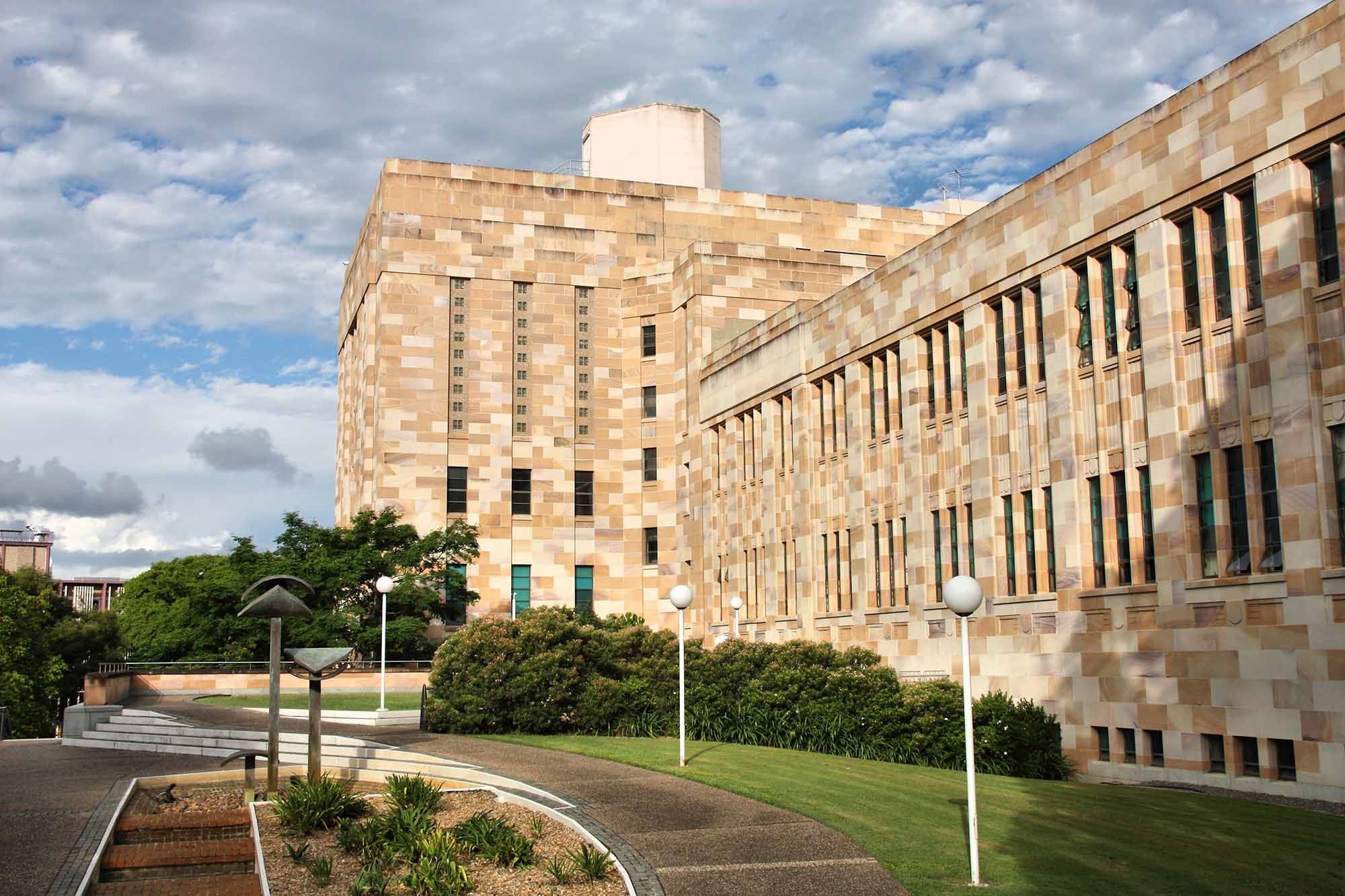I spent much of my academic career advocating for appropriate funding for teaching and research in the humanities disciplines, in a policy environment which was not at all sympathetic to a version of higher education that did not prioritise vocational training. While that environment has improved over the last decade, and may well get a little better once the Universities Accord process is completed, the current funding models still wear away at the possible futures for high quality work in these disciplines.
If we ever needed confirmation of just how deep are the divisions between competing versions of the purpose of higher education, a recent opinion piece from The Times, written by Emma Duncan, spells it out pretty clearly. Entitled ‘We should cheer the decline in humanities degrees’, it is built on the false assumption that those who enroll in STEM degrees are more likely to get jobs than those who enroll in the humanities. That, too, was the spurious rationale for the Morrison government’s Job Ready Graduates program that doubled the cost of humanities degrees (among others) in the hope of boosting enrolments in areas such as science and nursing.
As Julie Hare has reported for the Australian Financial Review, drawing upon Andrew Norton’s research, the program failed to achieve any of its policy objectives. Numerous submissions to Mary O’Kane’s University Accord review currently under way called for the dumping of the Jobs Ready strategy, while comment from the Australian Academy of the Humanities provided evidence that there is actually no significant difference between the job prospects of those completing an Arts degree and those completing a Science degree.
Responding to what had been a continuing challenge to the utility of these degrees, way back in 2014 when Kylie Brass and I released our Mapping HASS study of the sector, we reported that something like 60% of those with a degree currently employed in Australia had degrees in the humanities and social sciences. That actually made them the most ‘utilized’ degree programs in existence. It would be no different now.
No matter, the galloping instrumentalism that has shaped higher education policy here and in the UK, and which has increasingly framed higher education as properly concerned with vocational training rather than education, rolls on regardless. Duncan applauds the decline of English as a subject for study at university, as ‘a healthy development’, which will dissuade prospective students from devoting ‘a crucial three years of their lives’ to racking up ‘piles of debt’ while studying for ‘unremunerative degrees’.
Ever since the Dawkins restructuring of higher education in the late 1980s, Australian universities have been advised to think of themselves as businesses rather than institutions, undergraduates have been redefined as clients rather than students, degrees have been constructed as vocational training rather than education programs, and the authority and legitimacy of academic expertise has been so thoroughly downgraded that the application of the word ‘academic’ in public discourse has been almost routinely perjorative. Within that wider context, the relevance of the humanities has been especially questioned.
One could blame the pervasive influence of neoliberalism, of course, within which the idea of seeking an education would make no sense at all unless there was some money in it. But there is also the part played by the decades of culture wars that have framed the generation of progressive and critical ideas as feeding the enemy. The utilitarian and positivist bent of the science disciplines has also allowed them to be used as battering rams against the claims of the humanities for long periods — although they are no longer so easily manipulated into this kind of role as they once were.
Such issues, though, provide clues to why it is so pointless to hope we might defend the humanities simply by pointing to demonstrations of their utility — the jobs they generate, the proportion of GDP they might claim, their structural importance to the economy. While we might win that part of the argument by marshalling the clear evidence that is out there, it won’t change the fact that — within the current socio-cultural settings — the battle to defend the validity and legitimacy of the humanities disciplines is constitutive: it is an ideological battle that has to be engaged, always, continually, and without hope that one day it might be over.
Consequently, this kind of knowledge, this kind of education, is well on the way to being excised from the current policy understandings of the purposes of the university.
The knock-on effects from this situation reach well beyond these disciplines. While the humanities and social sciences might be the obvious example, they are just that: examples of the slow erosion of the idea that the university delivers a public good to the nation — not just a private good to the individual.
Academics at the coal face, mostly, still believe that they are delivering a public good. Regrettably, however, it is increasingly those charged with managing the university who have been backing away from such a principle. Consequently, the gap between staff and management has widened over the years as corporate behaviours have displaced collegial protocols and as government pressure over funding has enforced compliance with political priorities. What we have in many universities now is a fundamental conflict between how the university thinks about its purpose, and how its staff thinks about it. Not a scenario in which university staff can feel confident that their leaders will strongly defend what it is they think they do.


